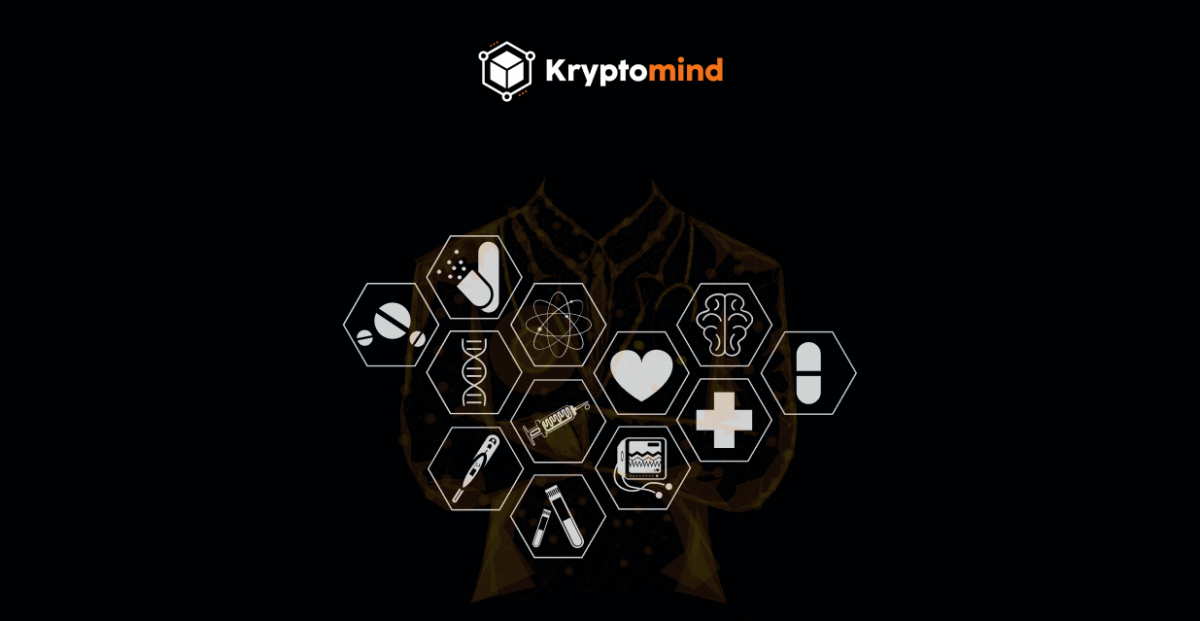The healthcare industry is one of the most rapidly evolving fields in the world, with advancements in technology and medicine continuously shaping the way healthcare professionals diagnose and treat patients. One of the most significant developments in recent years has been the integration of artificial intelligence (AI) into various aspects of healthcare. AI has the potential to transform the healthcare industry by improving patient outcomes, streamlining workflows, and reducing costs.
Introduction to Artificial Intelligence (AI) in Healthcare:
AI is the intelligence exhibited by machines or software. It has become an essential part of healthcare, as it helps automate processes, improve accuracy, and reduce costs. AI is used in healthcare to analyse large datasets, make decisions, and provide recommendations. It also helps to create accurate models that can be used to predict outcomes and improve healthcare services.
Applications of AI are becoming increasingly sophisticated. AI can help automate mundane tasks, provide better diagnoses and treatments, and help healthcare professionals to make better decisions. It also helps to improve patient care, reduce healthcare costs, and improve patient outcomes.
Examples of AI in Healthcare:
- One of the most significant benefits of AI in healthcare is its ability to help healthcare professionals make more accurate diagnoses. AI algorithms are being used to detect cancer earlier by analysing medical imaging studies, such as X-rays and MRI scans, to recognize signs of cancer that may not be immediately visible to the human eye. This technology can also be used to monitor the progression of cancer and determine the best course of treatment.
- Another way that AI is revolutionising healthcare is through personalised medicine. This approach to healthcare is based on the idea that every patient is unique, and their treatment plans should be tailored to their specific needs and circumstances.
- AI algorithms can analyze genetic details to determine if a patient is predisposed to certain diseases, such as heart disease. This information is then used to develop a customized preventative care plan that minimizes the patient’s risk of developing these conditions.
- AI is playing a crucial role in the field of drug discovery. AI algorithms investigate molecular and cellular data to identify potential new drugs and therapies. This technology can speed up the drug discovery process and make it easier for researchers to identify new treatments for a wide spectrum of diseases and conditions.
- AI algorithms can also help to improve the accuracy of diagnostic tools, such as blood tests, to help healthcare professionals make more informed diagnoses.
AI Solutions for Diagnostics and Treatment:
AI solutions are being used to help diagnose and treat a wide range of medical conditions. AI-powered systems can examine a patient’s medical history and provide tailored treatments. AI solutions help to detect and diagnose diseases, such as cancer, more accurately than humans can. It also powers individualised remedies for patients and detects abnormalities in images, such as tumours. In addition, it can scrutinise a patient’s medical history to offer tailored treatments with great success.
AI for Disease Prediction and Prevention:
AI for disease prediction and prevention has become an essential part of the healthcare industry. AI is transforming the way diseases are diagnosed, monitored, and prevented. AI is employed to enhance the precision of disease onset predictions and to provide superior care to those suffering from them. It allows for more accurate predictions and earlier interventions that monitor patients for signs of infection or changes in their health status. It can automatically detect patterns in data that indicate disease and alert medical professionals to intervene before the disease progresses.
AI for Healthcare Data Management:
AI is also being used to improve healthcare data management. AI-powered systems can investigate large datasets and identify patterns that can improve the accuracy and efficiency of healthcare delivery. It analyses patient records, medical images, and other healthcare data to provide better insights and make better decisions. AI-powered systems can provide personalised reminders and notifications to help patients stay on track with their healthcare plans. It provides more accurate and customised feedback to patients.
Conclusion:
AI is revolutionising healthcare, and it is becoming increasingly sophisticated. AI is being used to automate mundane tasks, provide better diagnoses and treatments, and help healthcare professionals make better decisions. AI is also used to predict and prevent diseases, develop better drugs, improve healthcare data management, and improve patient engagement. AI is an incredible technology that transforms healthcare and makes it more efficient and effective.


